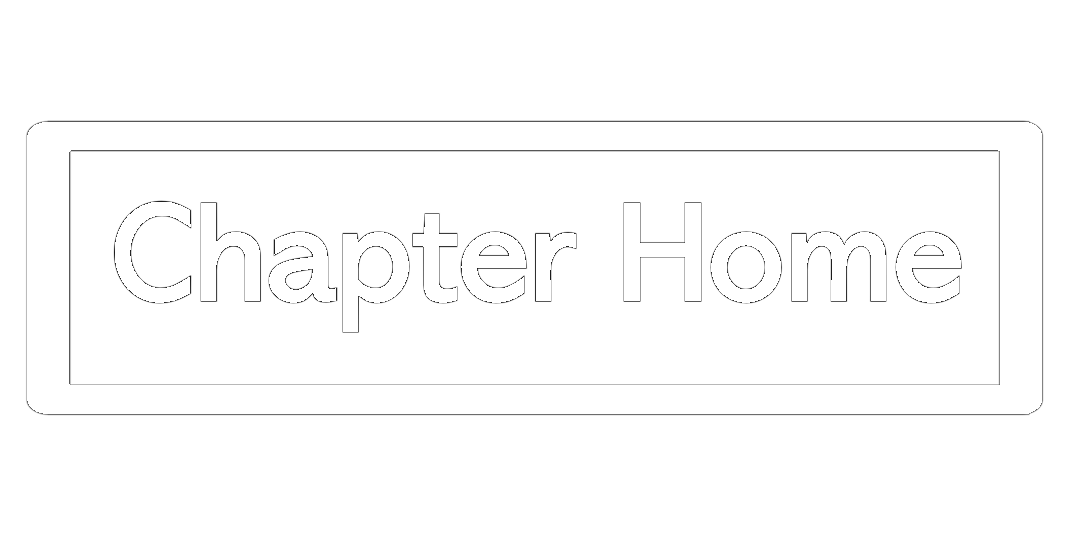CHAPTER 13, PART 1

When you first know that your child has died, mornings do not bring anything but the heartbreak of the shock. I imagine this is especially hard for those who have an only child. If you have other children, you can’t let the four-year-old fix his own breakfast, dress himself and drive himself to daycare. Your sixteen-year-old still needs lunch money, time and attention. Your ten-year-old comes home crying because she does not understand her math. Even though you feel like staying under the covers and never returning to the real world, other children make you do what I consider to be the single most important act you can do for yourself: get busy.

CHAPTER 13, PART 2

Do not care what others think of you. I went to work teaching two weeks after my son died, although the administration offered me all the time I needed to recover. I could not think in terms of recovery because I knew I would never totally recover. I could not take the rest of my life off while I tried to pull myself back together, and helping others and keeping busy gave some sort of meaning back to me.

CHAPTER 13, PART 3

At first, it felt like pretending, although I find much gratification in teaching. I had to stand in front of the class and act as though nothing earth-shattering had happened in my life. At times, this was not easy. When a student whined to me about her problem with her car and how her paper would be late again, I wanted to shake her and scream, “Dear God, if I can come to work with the death of my son so recently, you can probably find an alternate ride to school!” My friend Mandy told me a story of a woman at her office named Sheila who came to her only months after Mandy’s son died, crying about the death of her dog. Mandy, a gracious human being, did not tell the woman, “Look, it’s a dog. Get over it. You can get another dog,” because she realized that Sheila was grieving in her own right.

CHAPTER 13, part 4

My friend chose to keep working, just as I, and many mothers do. Sometimes, it’s not a choice because you provide the income, but as in my instance, work can provide needed distraction from your psyche’s fixation on the loss. One might think that focusing on the loss continually will help process the grief more quickly, but just as you cannot run an engine non-stop without refueling and occasionally tuning up, your body and mind need a rest. Work can provide indefinite daily intervals of interruption of this all-consuming emotion of sorrow. The healthiest and happiest people have balance in their lives, but immediately after your child’s demise, balance is broken.

CHAPTER 13, part 5

If this imbalance continues, often not only our emotions become consuming, but also our bodies suffer from the ill effects of stress. Grief overpowers our intellect, so while our mind might suggest a healthier route than dwelling on the death, this type of emotional shock is too strong to listen to logic. I consider this natural at first, but having other children that needed me and students that depended upon me helped me overcome the lethargy which threatened to overtake me. For me, keeping busy helped me process my pain because it allowed me to see that I had other meaning in my life, as well as providing brief moments of even laughing.

CHAPTER 13, part 6

Even though we experience these moments, at first our minds act on autopilot and we might find something funny, within two minutes the all-pervasiveness of the grief of a lost child once again takes the forefront and you might even feel guilt for laughing. You will find though, as the months go by, you get more of those moments of relief. You need not worry that you are hiding from the emotions by being busy—they’ll find you. However, by using our minds and bodies, we do give ourselves an emotional rest, albeit briefly. Even though we can stay busy and succeed in giving our mind some respite every day, blame and anger can manage to get through at times, despite our best efforts to process the grief.

CHAPTER 13, part 7

ACTIVITY
List three or four actions you could take to keep you busy, for example: your work, volunteering, exercising, going for a walk, housework, reading, painting, writing, driving for Meals on Wheels, building something, baking something, trying a new meal that requires you going to the grocery store and buying ingredients … There is no right or wrong, and no right or wrong time to do this. You could be three weeks into the process of grieving, or three months, or three years.






